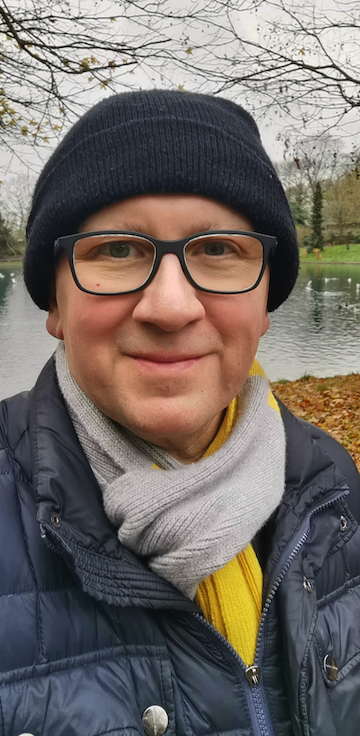Becoming a healer—or an instrument for healing—requires immense faith, life experience, and commitment. One of my greatest lessons was overcoming the obstacle of the self; it was never about me, and it never will be. I had to accept that I am merely an instrument serving a greater purpose. My journey as a healer began at a young age, without training or guidance. I drew my understanding from the Bible, praying for the sick and asking for their healing. By nature, I feel profound sadness when I see suffering or illness, and I am compelled to act. I pray earnestly, from the depths of my heart, because I truly want to see people improve.
However, I have also learned that not everyone is meant to be healed, despite my best efforts. Accepting this reality was difficult, as it often felt like I was letting down patients and their loved ones. There were moments of intense sadness and frustration, but I constantly reminded myself of the importance of accepting God’s will. It was particularly heartbreaking when children were involved; I never wanted to see a child in pain.
On some occasions, patients or their families asked if I could help ease their suffering by facilitating their transition. This request conflicted deeply with my beliefs—how could I pray for someone’s life to end? Despite the emotional weight, I learned to put my feelings aside and offer whatever support I could.
Over the years, I have witnessed miracles—phenomena that defied explanation and baffled even experienced doctors and surgeons. These moments have strengthened my faith and deepened my love and appreciation for others. Life, I have come to realize, is about love and being in service to others.
In time, I discovered that I was also a link for loved ones on both sides of life. Today, I help people reconnect with those they have lost, bringing them peace, hope, and closure. I continue to attend healing services, as it is an essential part of who I am. I remain committed to helping wherever and whomever I can, for as long as I am able.



